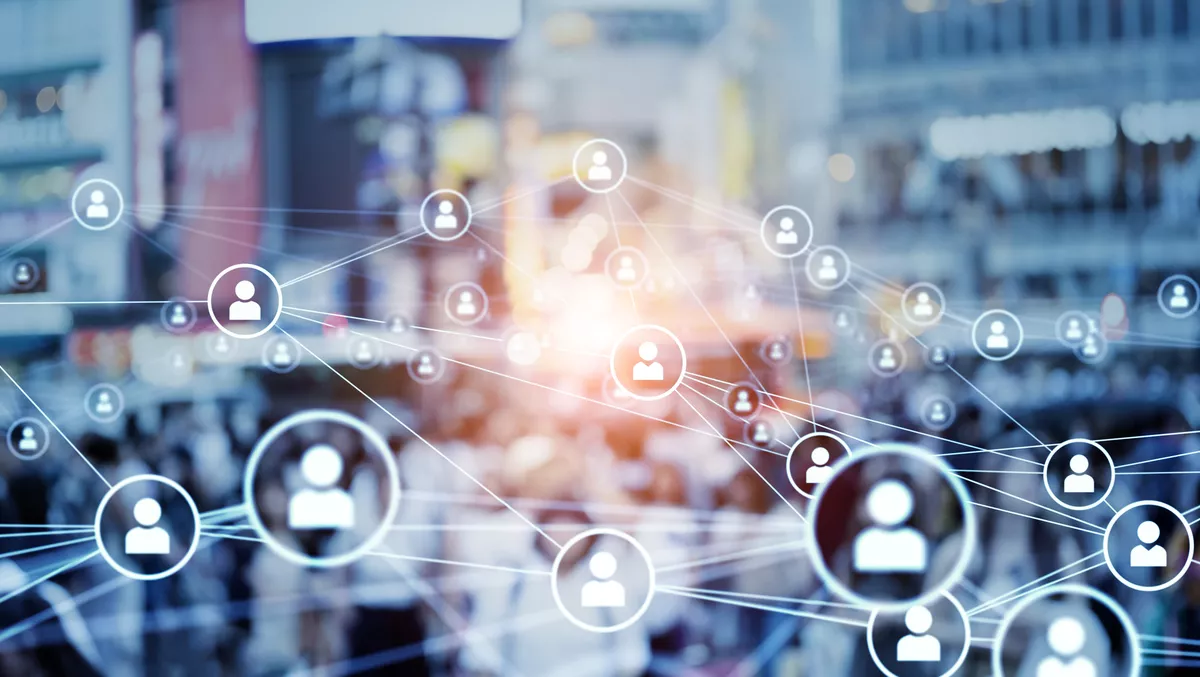
Rights to privacy and safety under threat - report
Rights to privacy and safety are under threat, according to a new report released by Digital Rights Watch.
The State of Digital Rights report has found that online safety is at risk from increased big tech and government power.
The report brings together leading voices on human rights, safety and technology to analyse the major developments in digital rights in the past year.
The report includes contributions from law and technology scholar, Jake Goldenfein, Nyungar technologist and activist, Kathryn Gledhill-Tucker, human rights lawyer, Kieran Pender, and sex worker rights advocate, Gala Vanting.
The findings of the report says current efforts to regulate big tech have entrenched their power, rather than challenge it.
The current approach to online safety, which privileges content moderation, censorship and control over harm minimisation is causing harm to marginalised groups such as migrant communities and sex workers.
According to the report, the increased use of technology in the workplace has led to increasing surveillance, decreased autonomy and growing pressure on workers.
It says the pandemic has also marked a new era in increased tech-based surveillance and without adequate safeguards this will exacerbate inequalities already experienced by marginalised groups such as racism in policing.
"There is a sense that big forces are in dispute about the future of our online spaces. The tech industry wants to protect its profitable data extractive business models but is aware that the public is deeply unimpressed," says Digital Rights Watch chair, Lizzie O'Shea.
"The government wants to score political points by taking on an unpopular adversary, but preserve its capacity to exploit digital technology for its surveillance and censorship potential. We are left with dysfunctional, even at times hostile digital infrastructure, that puts our safety at risk," she says.
"In 2021, we have seen the introduction of unprecedented new powers for intelligence agencies including the ability to monitor entire networks, takeover accounts, and add, copy, delete or alter data on devices without a warrant. These invasive powers for surveillance put us at risk of criminal and state sponsored hacking," O'Shea explains.
"Tech platforms have also cemented their control over the distribution of news and information, leaving our democracy vulnerable to manipulation and misinformation," she says.
O'Shea says the news media bargaining code that forced platforms to pay for journalism has left this fundamental power imbalance unchecked.
"Given we are now required to be more online than ever to do work, to access welfare, to obtain an education, to seek health care we need to ask how we can make these spaces more safe?
"Our experience of 2021 is that we cannot rely on government or technology companies to make the internet safe for us, we have to make it so ourselves," she says.


